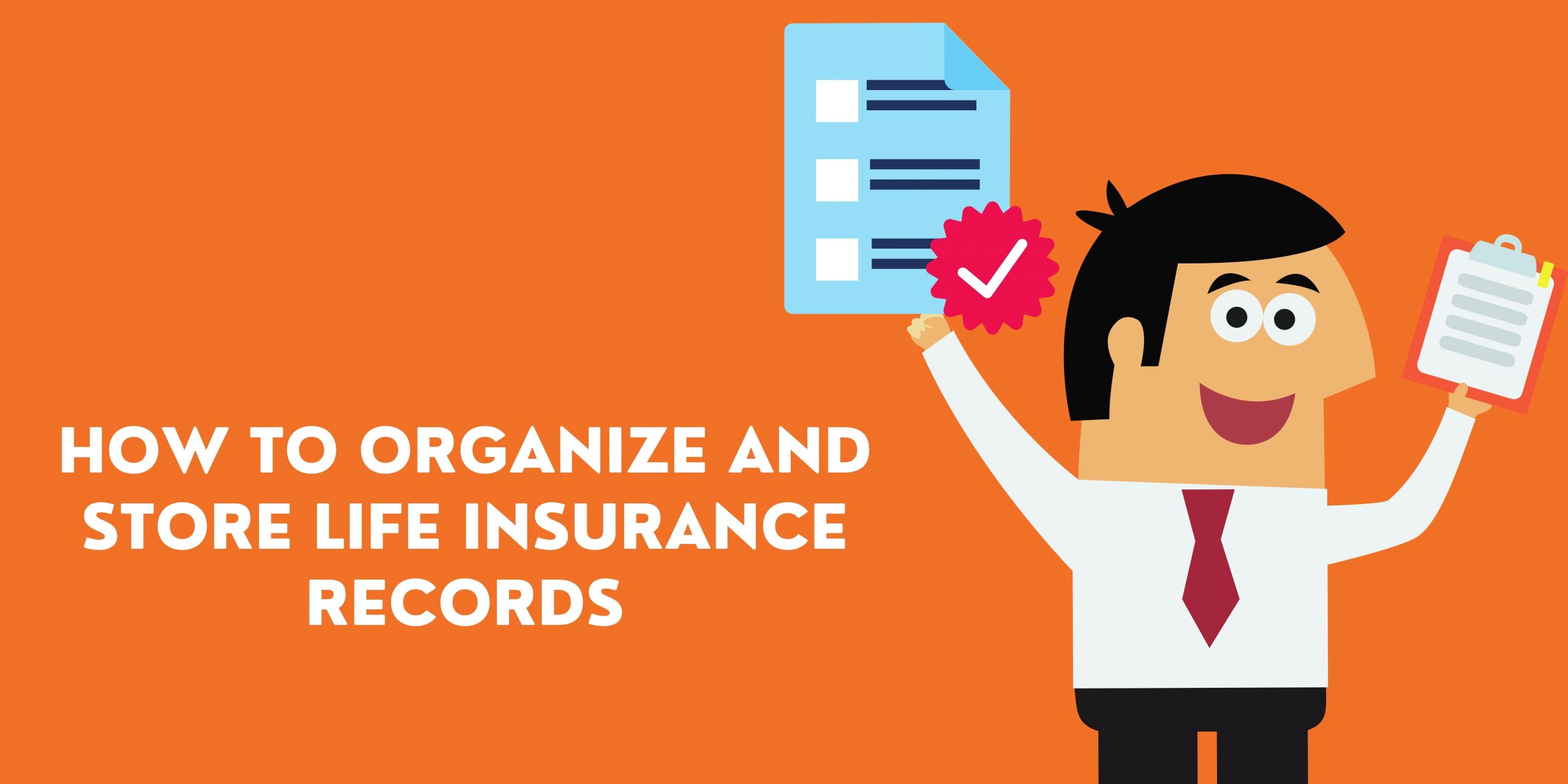Importance of Keeping insurance Policy Records Handy
Introduction
When Sumit’s death, his spouse Geetika, and the entire family were in a state of shock, and after all the death rituals were completed, the financial situation was getting worse. Geetika then remembered that Sumit, in a file, had kept the notes regarding his life insurance policy which he took many years back. Still, she could not find the insurance documents because the file was misplaced due to the gathering in the house. While she was searching in the locker, she found a pen drive where she got all the policy details. Sumit saved his family from falling into financial crises even after his death.
Life Insurance Record
Life Insurance plans are certainly a crucial part of modern life. Your stuff, your well-being, and your loved ones all need protection against the unexpected. Aside from claims information, most insurance policies don’t generate a tremendous amount of paperwork; the last thing you want is for your beneficiaries to be unable to identify and file a claim on your life insurance after you pass away. It is the responsibility of each life insurance policyholder to keep a copy of their policy in two locations. It’s not only about being organized for maintaining appropriate records.

Life Insurance Records to be kept
Keep track of the following details of insurance documents for each life insurance policy you own:
- The insurance firm that issued the policy’s name
- If the issuer is a group of companies, note the group’s name and headquarters in India.
- The provider’s home office’s city and state
- When was the policy issued?
- Policy Types (whole life, term, etc.)
- The original policy’s location
- Number of the policy
- Agent or broker’s name, address, and phone number who sold you the policy
- Amount of death benefit
If you have group life insurance through your employer, a professional association, or another organization, keep track of the following information:
- When did the insurance start?
- To whom should a claim be submitted?
- Name of the corporation that is providing the coverage
- Number of the certificate
- Amount of death benefit
Death benefits are sometimes included in financial plans primarily designed for income or other purposes. Pensions, annuities, workers’ compensation programs, disability insurance, travel accident insurance, and so on are all examples of this.
You should keep track of the following information for each of these programs:
- A policy that includes a death benefit as one of its characteristics
- The agent/broker who sold you the policy’s name and address
- The policy’s reference number
- The original insurance policy’s location
- The death benefit is calculated
- The city and state where the insurance company’s headquarters are located
- The name of the life insurance company that issued the policy in its entirety
- The policy’s effective date
Your Life Insurance Record should be kept where?
Since insurance records are essential paperwork, you need a solid system for keeping it all organized. Let us look at how to keep insurance documents.
- Keep one set of this insurance paperwork in your home, in a location where people who require this information are likely to find it, and notify those who will require it once you have placed it there. This could be with your other financial information, such as income tax, banking information and investment papers, legal documents, such as a copy of your will, living will, health care proxy, and so on, or wherever else your survivors could look.
- Keep a copy of these insurance documents at a distance that is somewhere other than your home, such as a safe deposit box or with a professional or family member who can be trusted to present them if necessary.
- Make a note of the last time the information was changed on each page. If the copy in your home and the one in the safe deposit box differ, it’ll be easy to know which is the most recent.
- If you choose the digital way, making many backup copies in case one is damaged or fails a good idea. Digital backups take up a fraction of the space that many paper copies of your crucial papers take up. Using cloud-based storage not only saves space but may also help you organize and keep your papers safe since most services use encrypted networks to ensure the security of insurance documents.
| More FD Related Posts | More Investment & Tax Planning Related Posts |
FAQs:
What is the best place to keep my insurance documents?
Keeping your documents in an accordion folder is a less expensive but still efficient way to keep them safe. After that, you can place this folder away in your filing cabinets. Put your documents in a vibrant colors accordion folder so you can immediately find them and collect everything in the event of an emergency.
Who is an Insurance agent?
An insurance agent is a professional who earns a commission by selling an insurance company's goods to consumers. In order to sell insurance, an agent assists consumers in selecting the appropriate coverage while also representing the insurance business in the transaction. Insurance agents assess their client's needs and provide plans that meet them.





























